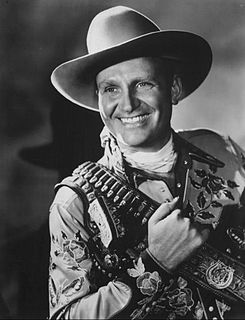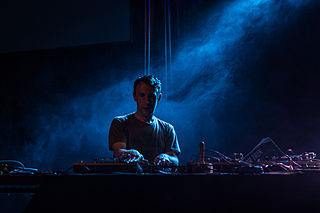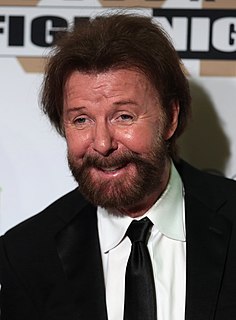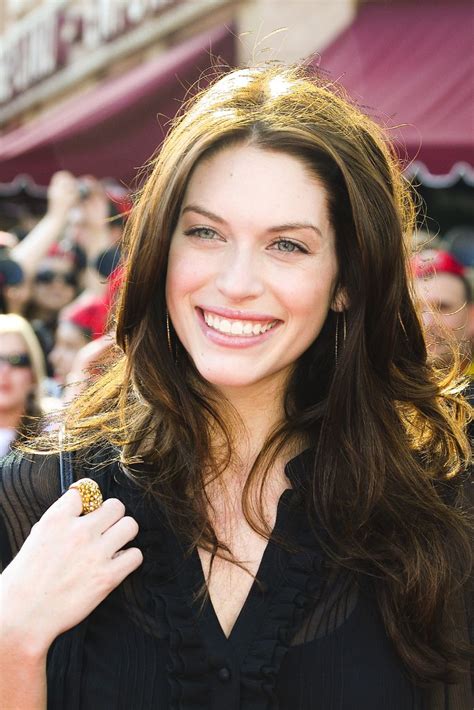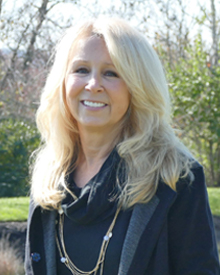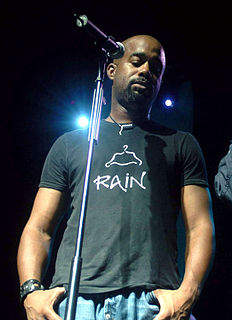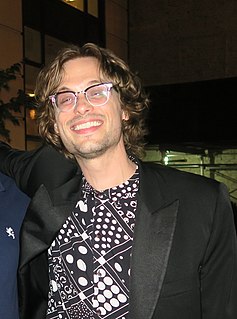A Quote by Alan Ball
A lot of times, the choice of the right song will save a scene. Or there will be a scene that's a little flat and you put in the right song and somehow it just comes alive.
Related Quotes
The ACLU spent this entire holiday season protesting public displays of the nativity scene. Yeah, that's the problem with America right now: Public displays of Christ's birth, that's the problem. It's unbelievable to me. The ACLU will no longer fight for your right to put up a nativity scene, but they'll fight for the right of the local freak who wants to stumble onto the scene and have sex with one of the sheep.
A lot of times, somebody will say something and it will give you a good title. So you carry a pencil with you and jot that down. You don't just write a song right quick, though. You fool around and work with it. You have to keep going over and over it and see if you can't write a song that means something.
There are times when I want to be plainspoken about my feelings in a song. But there are other times when it's really good to try and get my head around different kinds of song structures, or maybe I might get turned on by trying to write a song that would fit in this one scene in a movie. And by the end of all this, you just end up with a bunch of different ideas. And songs are really just ideas.
The fun part, I will admit this much, there is a period when listening to my music is fun, and that's when I'm making it. There's a tiny little window before something gets old, but after it's come to fruition. There's a little window there where I can listen to a song probably about five times, and I'll really think it's awesome. That's kind of the period that lets me know when I - 99 percent of the time, that period is right about whether a song is going to be a keeper for an album or just a throwaway track that never gets - in that little window.
If something gets under my own skin, and keeps reoccurring, it starts to take on a certain weight and value, and I think, "I have to put this in the song. I have no choice but to mention Greek Cypriots in this song." It's a little internal challenge to myself. Like creating little imaginary rituals in yourself to help the song go from nonexisting to existing.
Sentences are not different enough to hold the attention unless they are dramatic. No ingenuity of varying structure will do. All that can save them is the speaking tone of voice somehow entangled in the words and fastened to the page for the ear of the imagination. That is all that can save poetry from sing-song, all that can save prose from itself.


